
Discover 5 Games with Indonesian Language Localization
Game localization can significantly broaden a game's global presence, extending its reach well beyond the developer's initial expectations and attracting a new set of players. Providing appropriate language options is vital for any game publisher.
Given the size of the gaming market in Indonesia, recent years have seen an increase in both indie and larger game studios providing their games in Bahasa Indonesia. Although these language adaptations typically change only the game's text and not the voiceover, they still manage to introduce a unique experience that differs from the game's original language.
Types of Games Localization
In the gaming industry, localization is key to reaching global audiences. It typically falls into two main types: contextual language content translation and full language translation, including the game's title and all its content.
1. Contextual Language Content Translation
Contextual translation focuses on adapting the game's text so that it feels natural and relatable to players in different regions. This type of game localization considers cultural nuances and local idioms to ensure that the game's messages and stories resonate with the local audience. It’s not just about translating words but about conveying the right emotions and contexts.
2. Full Translation
While contextual translation is common, full language conversion isn't widely embraced by game distributors Full language conversion involves a complete overhaul of the game's language elements, starting with the title and extending to every piece of text and dialogue within the game.
This method involves not only translating the language but also culturally adapting the game's audio elements, character names, and any text appearing in the game environment. Full language conversion aims to immerse the player completely in their native language, making the gaming experience more accessible and engaging.
Examples of Mobile Games with Indonesian Localization
The gaming industry is saturated with foreign products. Nonetheless, Indonesia's gaming market has made a unique impact on international game developers. This is proven by numerous foreign games being localized in Indonesia to appeal to players in this country. Curious to discover which ones? Below are those games.
1. Ayo Lari
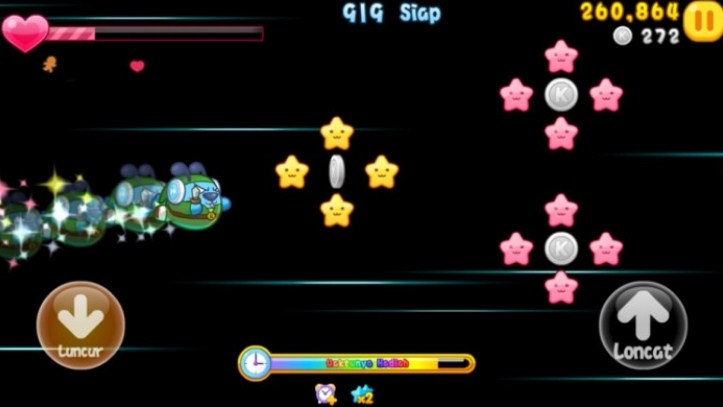
Ayo Lari is the Indonesian adaptation of TongCheng PaoPao, known as Running City, originating from China. This game presents itself as a contender to LINE Cookie Run owing to its similar gameplay and concepts across various game elements from the effects of costume utilization to the bonus fever mechanism, and more. Much like LINE Cookie Run, players are furnished with two dedicated buttons to jump and slide, navigating through impending hazards. Throughout gameplay, players are tasked with amassing an array of coins and stars to activate bonus levels (often dubbed as Fever!). Regrettably, some aspects of the game's content localization call for refinement to truly capture the interest of Indonesian gamers and persuade them to transition to this game. This includes revising the use of Yuan currency in promotional events, alongside translating certain segments of the game that still remain in Chinese.
2. GigaBash
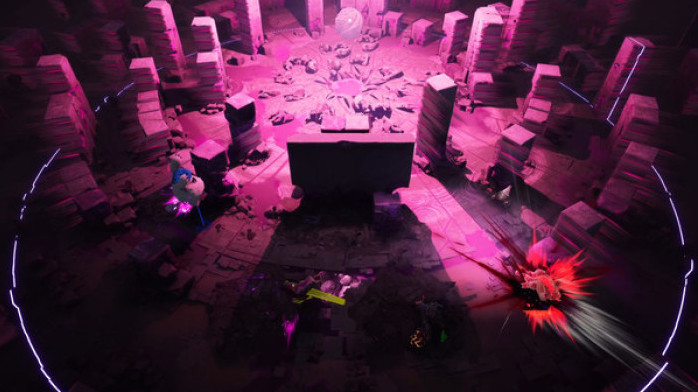
Malaysia and Indonesia exhibit numerous parallels, notably in language, owing to their common Malay heritage. Additionally, both nations share a penchant for tokusatsu or kaiju. A concrete example of this affinity is the release of GigaBash by a Malaysian game developer. The game boasts a diverse language selection, including Indonesian. GigaBash offers a straightforward gameplay premise: battles between kaiju and superheroes, featuring numerous original monsters. Moreover, iconic figures like Godzilla are included in the DLC released in December 2022.
3. Biomutant
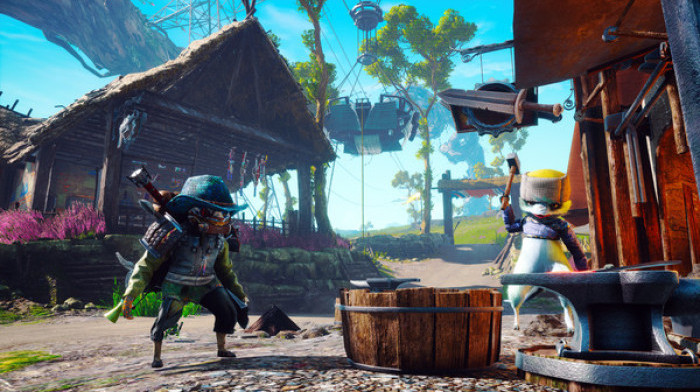
Biomutant, an action role-playing game (RPG), emerged from the efforts of Swedish developer Experiment 101 and was published by THQ Nordic. Its initial release occurred on May 25, 2021, catering to platforms such as PlayStation 4, Windows, and Xbox One. Subsequent versions for PlayStation 5 and Xbox Series X/S followed suit in September 2022. Adding to its accessibility, a Nintendo Switch port became available in May 2024. If you're involved in the game industry, it's a well-known fact that open-world RPGs hold an enduring appeal for enthusiasts. The freedom they offer players is unparalleled, allowing them to explore limitless possibilities. Biomutant, in particular, endeavors to immerse players in a sprawling, vibrant world similar to the pages of a comic book. Despite being relatively new to the scene, Biomutant has earned a 6 out of 10 rating on Steam. Opinions about the game vary, but this doesn't discount its allure for exploration. The prospect of navigating a vast and open world becomes all the more captivating with the addition of easily understandable Indonesian text.
4. Doraemon SoS: Friends of the Great Kingdom
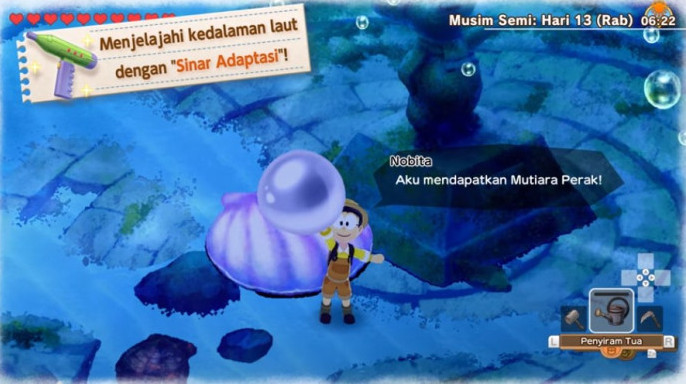
Growing up alongside the timeless character Doraemon, crafted by Fujiko F. Fujio, feels like a cherished journey shared by all Indonesians. Whether through the anime series or manga, Doraemon has been a constant companion in their childhood. Recognizing this cultural bond, the creators of Story of Seasons made a thoughtful inclusion by offering an Indonesian language option in their game. Doraemon Story of Seasons introduces a delightful fusion of the beloved Doraemon universe with the captivating gameplay of Story of Seasons. Developed by Bandai Namco, this game not only transports players to a world of farming, gardening, and fishing but also immerses them in the whimsical charm of Doraemon's world. With its enchanting gameplay and cultural significance, it's no wonder the game has garnered a stellar rating of 9 out of 10 on Steam.
5. Destroy All Humans! 2
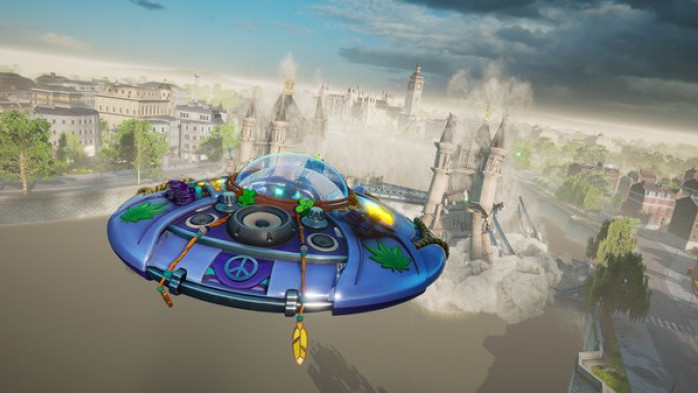
Destroy All Humans stands out as a beloved game known for its distinct plot, where extraterrestrials descend upon Earth with the intent to exterminate humanity. Developed by THQ Nordic, this game received a revamp courtesy of Black Forest Games, who opted to extend Crypto's saga in this sequel. Fast forward a decade from the original events, players assume the role of Crypto-138, a cloned version of the alien protagonist. Notably, gamers can opt for Indonesian as their primary language preference, showcasing the developer’s commitment to game localization. The Indonesian translation, while commendable, occasionally feels rigid, yet it's enriched with local humor that adds to the game's charm.
Conclusion
The gaming industry is set for continuous growth, solidifying Indonesia's enduring allure as a promising market for developers. In addition to delivering compelling narratives, integrating game localization with Indonesian language options within their games could be a strategy to capture the interest of gaming enthusiasts in this country